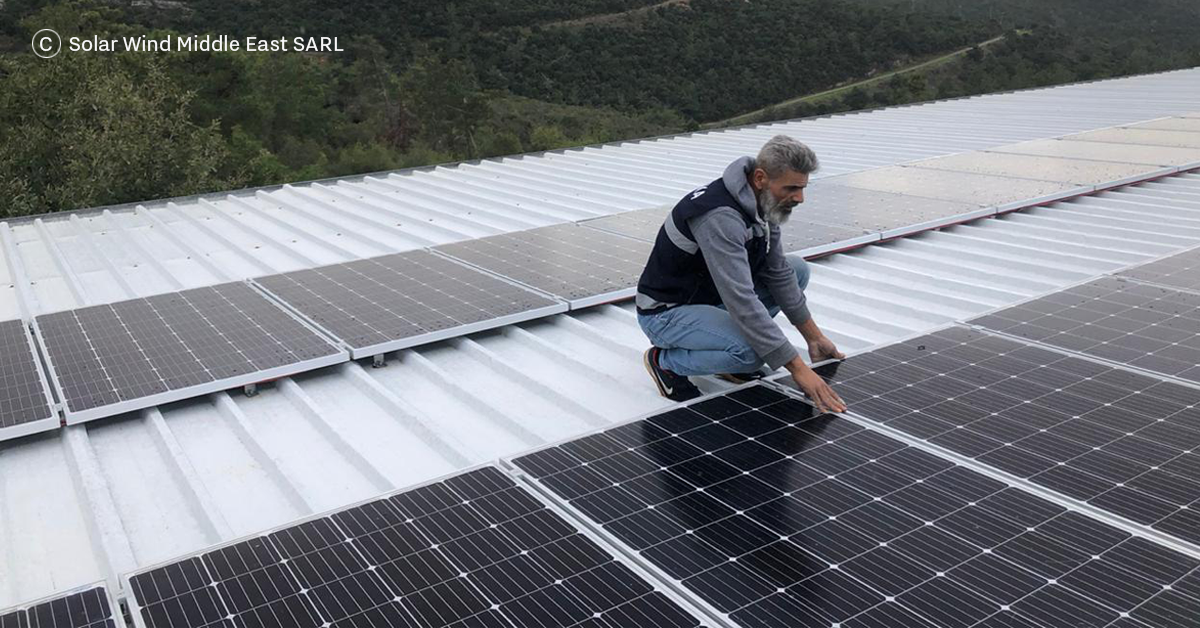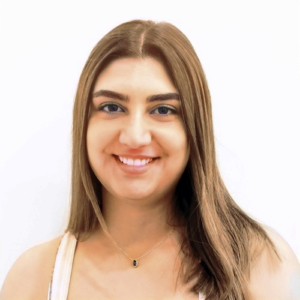
BEIRUT – The Water and Energy for Food Grand Challenge (WE4F) Middle East and North Africa Regional Innovation Hub (MENA RIH), primarily funded by the Ministry of Foreign Affairs of the Government of the Netherlands, announced today the 17 winners of the MENA Call for Innovations. The winners will be onboarded and receive support in the form of grants, technical assistance and/or investment facilitation. More than 135 companies and organizations submitted their applications in response to the MENA RIH’s Call for Innovations at the end of 2020.
The MENA RIH supports the most promising and innovative companies and organisations working to produce more food with less water and more efficient energy resources. The region is among those most affected by climate change, in addition to acute food insecurity, water shortages, increased desertification and migration from rural areas. The MENA RIH’s aspiration is to promote a positive triple bottom line, at the forefront of which are sustainable agriculture practices driven by innovation.
The selected innovators bring a broad range of solutions to the table, such as technologies to safely increase access to food in rural areas and projects that harvest alternative energy resources to support food production. Together, they have the potential to create jobs for women, youth and rural populations, and improve food security for hundreds of thousands of people in the Middle East and North Africa, all while protecting the environment and preserving biodiversity.
The following 14 organizations will be supported with financial grants adding up to a total of $2.38 million in grants, as well as technical assistance:
- AbuErdan (Egypt, Morocco, Jordan) – leverages new technologies like artificial intelligence, machine learning, and predictive analytics to offer poultry producers ways to control over their resources, reduce their waste, maximize breed potential, and increase their income.
- Baramoda’s Sustainable Solutions (Egypt) – develops organic fertilizer products that help farmers maximize agri-waste management efficiency, minimize agricultural production cost, reduce chemical fertilizer use, and increase crop production.
- Biomass SAL (Lebanon) – produces, packages, and distributes a variety of traceable, responsibly- and ethically-farmed organic products to health-conscious consumers, retailers, wholesalers, importers, processors, restaurants and caterers.
- Chitosan Egypt (Egypt) – formulates and distributes organic pesticides and fungicides from shrimp shell extractions as a substitute for conventional chemical pesticides and fungicides used in agriculture production.
- Compost Baladi SAL (Lebanon, Jordan) – specializes in repurposing organic waste into compost through on-site composting, collection and education services, and products.
- Green Essence Lebanon (Lebanon) – provides renewable energy solutions for the agricultural sector while shouldering all initial investment, maintenance and operating costs.
- Hajjar Foods SAL (Lebanon) – supplies goat dairy as an alternative to cow dairy and focuses on maintaining and growing the productive capacity of pasture-raised goats in the Lebanese mountains.
- High Atlas Foundation (Morocco) – works with community partners to operate nurseries, provide a monitoring system to secure voluntary and credited carbon offsets, and provide consultancy and capacity-building workshops for value-added processing.
- IRSC (Egypt) – produces, assembles, and installs integrated renewable energy systems with storage, making efficient and cost-effective systems accessible to farmers.
- Robinson Agri (Lebanon) – provides a drip / mini-sprinkler irrigation system with onion hybrid seeds and other seeds for an-easy-to-implement application and additional farming-related services.
- Schaduf for Agriculture and Trade (Egypt) – produces and distributes the Urban Farming Kit, a complete farm-in-a-box that fits on top of any building’s roof and can grow a variety of leafy greens and herbs, with the help of a smart farm controller and a mobile application for guidance and support.
- SOWIT (Morocco, Tunisia) – provides a non-invasive remote-sensing multi-device technology that enables farmers to optimize water and supports burgeoning young and women farmers that struggle with knowledge and information gaps.
- SuWaCo (BENAA Foundation & IGT – joint venture between an Egyptian and a Lebanese organization) – provides wastewater treatment and reuse systems to small rural communities.
- The Platform for Smart Solutions (Egypt, Saudi Arabia) – provides a precision-farming platform that utilizes data to help farmers make the right irrigation and fertilization choices.
These three organizations will be receiving technical assistance and investment facilitation to help them scale their innovations and increase their impact:
- Alva Tech (Jordan) – provides a solar-powered water treatment technology that effectively mitigates water and soil salinization for farms, hydroponics, and greenhouses and onsite training for farmers.
- Solar Wind Middle East SARL (Lebanon, Jordan, Iraq, Tunisia, Morocco, and Cyprus) – distributes and installs solar energy systems and energy efficiency solutions targeting farmers and offers comprehensive pre- and post-sales services, provides access to finance, and installs solar PV systems.
- Spark Renewables (Egypt) – designs, installs, and maintains solar energy + storage solutions while also providing trainings, consulting services, and financing solutions.
The Call for Innovations is an activity under the Water and Energy for Food: A Grand Challenge for Development (WE4F). WE4F is an international partnership among the German Federal Ministry for Economic Cooperation and Development, the European Union, the Ministry of Foreign Affairs of the Government of the Netherlands, and Sweden through the Swedish International Development Cooperation Agency. WE4F aims to increase food production, impact gender and poverty, and promote biodiversity and climate and environmental resilience by sustainably scaling solutions to meet the challenges in the water-energy-food nexus.
The WE4F Middle East and North Africa Regional Innovation Hub (a consortium of Berytech, cewas, Chemonics Egypt and the International Water Management Institute) supports innovators in ten countries across the region to produce more food while using less water and energy. Together with investors and partners, the MENA RIH works to scale mid-to-later stage enterprises that have an environmental and social impact in the water-energy-food nexus.
To learn more, visit: https://we4f.org/mena and follow @WE4FGCD on Twitter.









